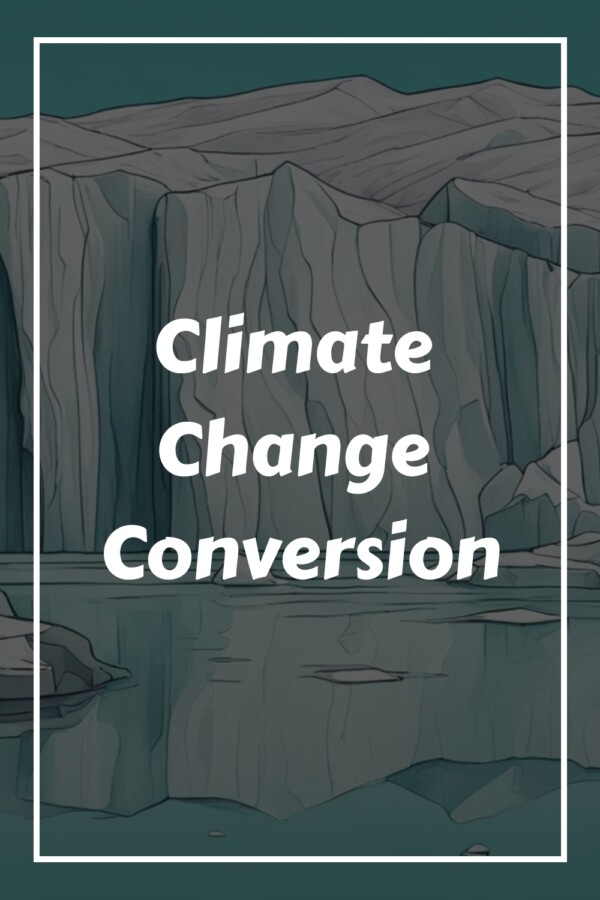Sarah Ott’s transformation from a climate change skeptic to an environmental activist underscores the power of information and personal growth. Raised in a Polish Catholic family with roots in coal mining, Ott’s upbringing was a fusion of faith, science, and a reverence for the natural world.
Her journey through skepticism began in the heart of the American South, where her community and influences like conservative radio shaped her perceptions, leading her to doubt the science she would later champion.
Ott’s pivot to environmental awareness came with personal costs, including the discomfort of leaving behind a familiar community and overcoming the isolation that followed. Yet, embracing the science of climate change became a cornerstone of her identity as she embarked on a mission to educate future generations.
Having once dismissed global warming, Ott now channels her passion into teaching teenagers about our planet’s environmental challenges, determined to foster a well-informed new generation ready to tackle climate change head-on.
The Climategate Incident

In 2009, the Climatic Research Unit (CRU) at the University of East Anglia was compromised by an unauthorized intrusion. The breach led to releasing a large trove of emails and documents into the public domain. This event quickly escalated into a major controversy that would come to be known as Climategate. It garnered significant attention due to the communications’ implications regarding climate science.
A subset of the disclosed emails was seized upon by climate change skeptics, who argued that the messages revealed an intent to manipulate climate data. This sparked widespread debate and became a major talking point for those opposed to the mainstream scientific consensus on climate change, including some prominent figures in global politics.
In response to the allegations, the University of East Anglia stated that the selection of published emails was deliberately curated to misrepresent the scientists involved and undermine their research confidence. The release coincided with the COP15, the United Nations Climate Change Conference in Copenhagen, and was suggested to have influenced the proceedings there negatively.
Subsequent independent investigations acquitted the scientists of any scientific malpractice from the CRU, affirming the integrity and sincerity of their work.
Climate discussions are often filled with passion and divergent viewpoints, and Climategate played a pivotal role in highlighting the complexity of climate dialogues within public and political spheres. The incident continues to be a point of discussion, informing the public’s perception of climate science and the challenges those in the field face when communicating their findings to a diverse and sometimes skeptical audience.
See Related: What Is Sustainability Content Marketing? Definition & Things to Know
American Perspectives on Climate Issues

Recent surveys reveal a nuanced stance among Americans regarding climate change. A solid 54% denote it as a substantial menace, yet political lines shape these convictions. Democratic-leaning individuals exhibit higher concern, with 78% acknowledging the threat, contrasting only 23% from the Republican camp.
Shifts in sentiment have emerged over time. A study indicates an 8% swing in American attitudes since 2018, predominantly toward increased apprehension about global warming. Public opinion is not static, reflecting an evolving awareness as climate discourse permeates the collective mindset.
- Democratic view: 78% view it as a major threat
- Republican stance: 23% consider it a significant issue
- Change in perspective: 8% more Americans concerned since 2018
This data underscores a dynamic social perception of climate change, indicating a society amid environmental re-evaluation.
Related Resources:
- What is the Environmental Impact of ChatGPT? Here’s What to Know
- Are Biodegradable Balloons Bad for the Environment?
- Recycling Won’t Solve the Plastic Problem: The Chemical Complications Jeopardizing Our Efforts


